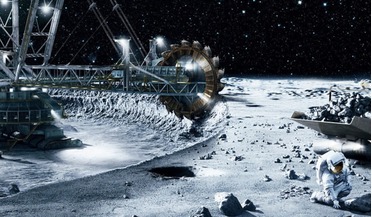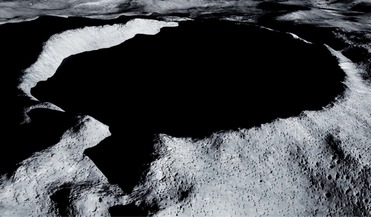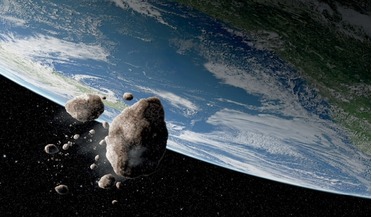 March 2016
Space Mining – the Reality of Tomorrow?
March 2016
Space Mining – the Reality of Tomorrow?
...such asteroid mining of small and potentially hazardous bodies would seem much more permissible under the Outer Space Treaty than efforts to establish national or private colonies on the Moon or to undertake mining operations on the Moon. Up to three...
 November 2018
Why we should not assume that war in space is ‘inevitable’
November 2018
Why we should not assume that war in space is ‘inevitable’
... States in interpreting those principles continue to apply to preserve space for the “benefit and in the interests of all countries”, as specified in the Outer Space Treaty, to which virtually all space-faring nations, including the major powers, are...
 May 2020
Protecting areas of scientific importance on the Moon
May 2020
Protecting areas of scientific importance on the Moon
..., they would have few qualms about moving into regions of scientific importance. The present ratified treaties, most notably the Outer Space Treaty of 1967, forbid any sovereignty claims over any area of the Moon. This means that...
 October 2020
Extending human rights across the final frontier
October 2020
Extending human rights across the final frontier
..., who may elect to extend human rights into the domain of space through several means. Firstly, under the Outer Space Treaty, Article III references that outer space activities shall be conducted “in accordance with international law”. The onus...
 January 2023
Original Sin - Power, Technology and War in Outer Space
January 2023
Original Sin - Power, Technology and War in Outer Space
... its absence when it does not work.” [Neufeld, Cold War - but no war - in space] The political reality of outer space is at odds with the spirit of the 1967 Outer Space Treaty Spacepower has gone from warning and targeting systems in nuclear war...
 May 2017
Humanity is moving towards a new reality
May 2017
Humanity is moving towards a new reality
... threats we face. One of the big problems is that the Outer Space Treaty of 1967 and the other agreements that followed in the 1970s relating to the safety of astronauts, registration of space objects, liability provisions, and the Moon and other...